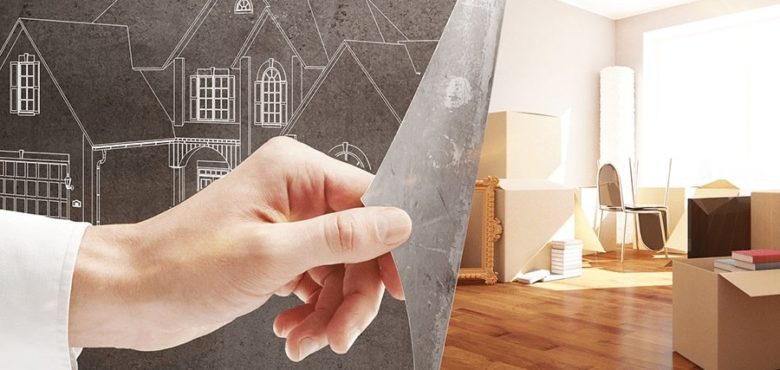Category:

- August 15, 2019
Property Flipping 101
Reality TV shows like to make property flipping look easy. Anybody can rock up, buy a property with a wad of cash in their back pocket, do it up, and then sell it on for a profit. It seems like an instant money-spinner.
The reality, however, is different. The vast majority of people who are just getting started often lose money, mainly because they don’t follow some simple rules for maintaining and renovating their real estate.
In this article, we’re going to take a look at some of the basics of property flipping. By the end of it, you should have a good idea of what you should be doing, and what you definitely shouldn’t!
Don’t Buy a Property Without Sufficient Cash
Property flippers like to make it seem like flipping a house is easy, at least from a financial perspective. You go to the bank, take out a mortgage, and then pay the mortgage off a couple of months later when you come to sell, pocketing a nice profit.
While taking out a mortgage is possible, you’ll still have to put down a deposit. What’s more, you’ll also have to have enough cash to make renovations while also paying off the monthly mortgage payments. If you run out, you’re in trouble.
Planning your cash flow ahead of time is vital. You want to have enough money in the kitty to finance all of your expenditure, including extra if things go wrong.
Make the Exterior of Your Property Look Beautiful
Flipping properties is all about buying cheap and selling for more. Negotiating hard and buying at auction can reduce the price you pay, but how do you increase the selling price?
One of the things that you can do is use landscape maintenance services to make the exterior of the property look more appealing. Boosting curb appeal can immediately increase the amount that a buyer is willing to pay compared to a property which looks drab and in a state of disrepair.
Calculate the After Repair Value (ARV)
People in the property flipping market are well acquainted with the term ARV or after repair value. The ARV of the property is the money you’ll get paid once you carry out repairs and maintenance and pay tax.
As a general rule of thumb, you want to buy the property for 70 percent of its ARV or less if you’re going to turn a healthy profit. If you buy for more than that, you put yourself at risk of losing money when it comes to the final sale.
Calculate Your Maximum Allowable Offer (MAO)
The Maximum Allowable Offer or MAO is linked to the ARV. To calculate the MAO, just multiply your ARV by 0.7.
Let’s say that there’s a house on the market and you believe that it will sell, once repaired, for $200,000. The most that you can pay for the property is, therefore, 0.7 x $200,000, which comes out as $140,000. That gives you $60,000 to use to do it up and collect a healthy profit.

